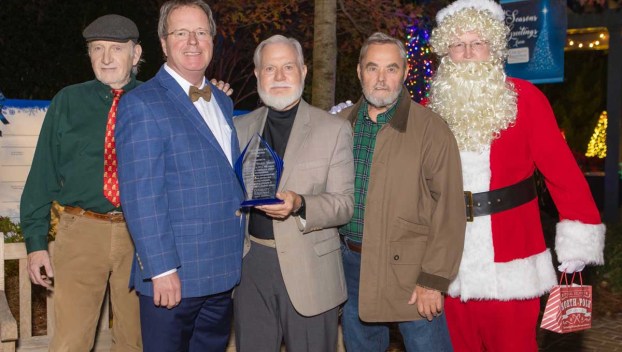
Local News
Ward named Colquitt Regional Humanitarian of the Year
MOULTRIE — Hugh B. Ward, D.Min., was recently named the 2023 recipient of the Walter E. Harrison, Jr., ... Read more

MOULTRIE — Hugh B. Ward, D.Min., was recently named the 2023 recipient of the Walter E. Harrison, Jr., ... Read more

As Cullman Regional’s staff chaplain, Delbert Freeman is there for those at their most vulnerable moments Read more